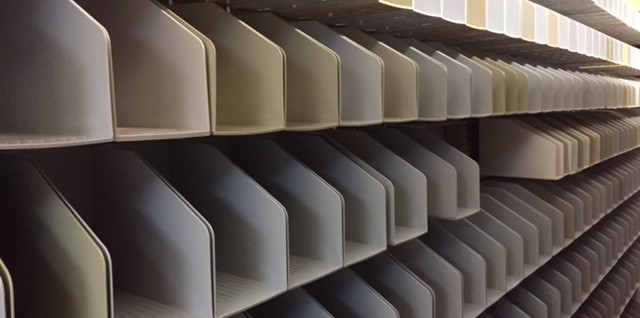Johnson’s Backyard Garden just completed a transaction to provide 3,000 ft of drip irrigation tape to our youngest (and arguably coolest) Austin Materials Marketplace participant, Ian’s Giving Garden.
Ian McKenna, 11, has started multiple “giving gardens” around town to grow and donate food to children and families in need in the Austin area. His wonderful efforts are fueled in part by grants from the City of Austin Sustainability Office, Katie’s Krops, the Sodexo Foundation, and others; and we hope to connect Ian to more and more materials resources as his work grows and expands.
Great work, Ian!














